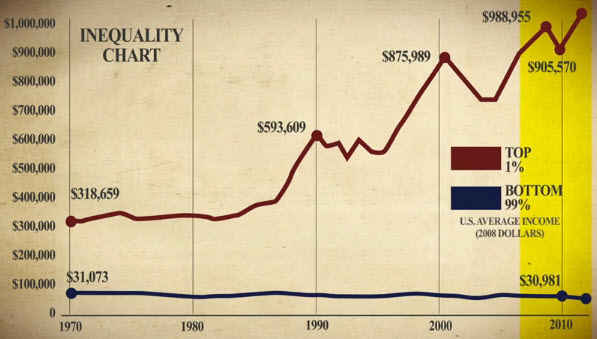by
Graeme B. Littler
Astrologers, palmists, and crystal-ball gazers are scorned while
professional economists are heralded for their scientific achievements.
Yet the academics are no less mystical in trying to predict the
direction of interest rates, economic growth, and the stock market.
Forty years ago, Thomas Dewey was defeated by Harry Truman, stunning
the political experts and journalists who were certain Dewey was going
to win. While questions about “scientific” polling techniques naturally
arose, one journalist focused on the heart of the matter. In his
November 22, 1948, column in
Newsweek, Henry Hazlitt said the “upset” reflected the pitfalls of forecasting man’s future. As Hazlitt explained:
The economic future, like the political future, will be determined by
future human behavior and decisions. That is why it is uncertain. And in
spite of the enormous and constantly growing literature on business
cycles, business forecasting will never, any more than opinion polls,
become an exact science.
We know how well economists forecasted the eighties: from the 1982
recession and the employment boom to the Crash of 1987, no major
forecasting firm came close to predicting these turns in the market.














